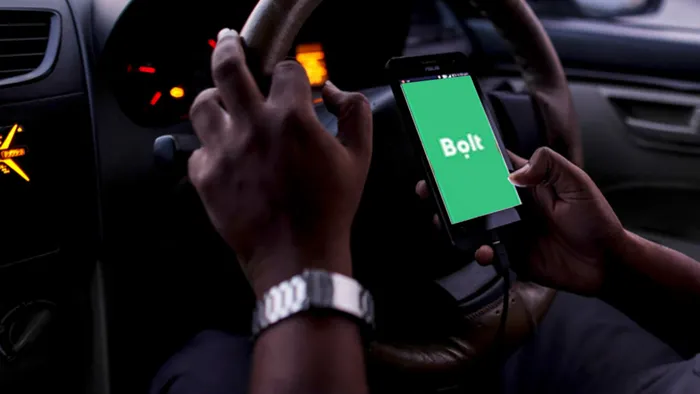
E-hailing drivers say rising commission rates and falling trip fares have left them earning significantly less despite increasing costs.
Image: File
Dozens of e-hailing drivers gathered outside Uber’s head office in Parktown, Johannesburg, on Tuesday to protest what they describe as unfair practices by major ride-hailing platforms, including Uber and Bolt.
The drivers say rising commission rates and falling trip fares have left them earning significantly less despite increasing costs.
The protest was led by the E-hailing Partners Council, which says that the financial conditions imposed on drivers have become unsustainable. At the heart of the protest is a growing concern that operators and drivers are being pushed into economic hardship by the very platforms they rely on for work.
Council spokesperson Zisco Mnguni said that while ride fares continue to decline, commission rates imposed by companies have increased to levels that are “crippling” drivers financially.
“Bolt and Uber are offering very low fares to passengers, but taking very high commissions from drivers,” said Mnguni. “In some cases, drivers are losing nearly half of every fare to commission alone. That is before fuel, maintenance, and other costs are even considered.”
He added that a fairer system would be to reduce commission rates to around 20 percent, which would allow operators and drivers to make a modest living without working extreme hours.
One of the protesting drivers, Awelani Mashete, said many of them feel exploited by the companies’ pricing models and lack of transparency. He criticised Uber’s use of dynamic pricing, which he claims has led to inconsistent earnings and rising deductions.
“We are struggling to make a decent income,” Mashete said. “Uber used to take about 25 percent of a trip fare. Now they are taking between 48 and 50 percent, sometimes more. It feels like we are splitting our income with Uber, but we carry all the costs ourselves.”
Mashete said many drivers are now working longer hours just to cover basic expenses. “We are not asking for handouts. We are just asking for a fair share of what we earn,” he added.
The E-hailing Partners Council has warned that Tuesday’s protest may be the first of many if companies do not address drivers’ grievances. They are calling for immediate engagement between e-hailing platforms and driver representatives to find a workable solution.
Efforts to obtain comment from Uber South Africa were unsuccessful by the time of publication. Bolt has also not responded to the concerns raised by drivers.
Labour experts say the protest highlights wider tensions in South Africa’s growing gig economy, where many workers are left vulnerable due to a lack of formal protections and inconsistent income. With high fuel prices and inflation squeezing profits, many e-hailing drivers say the current model is no longer sustainable.
As protests continue, drivers hope their demands for fair treatment and improved earnings will finally be acknowledged by the companies they work for.